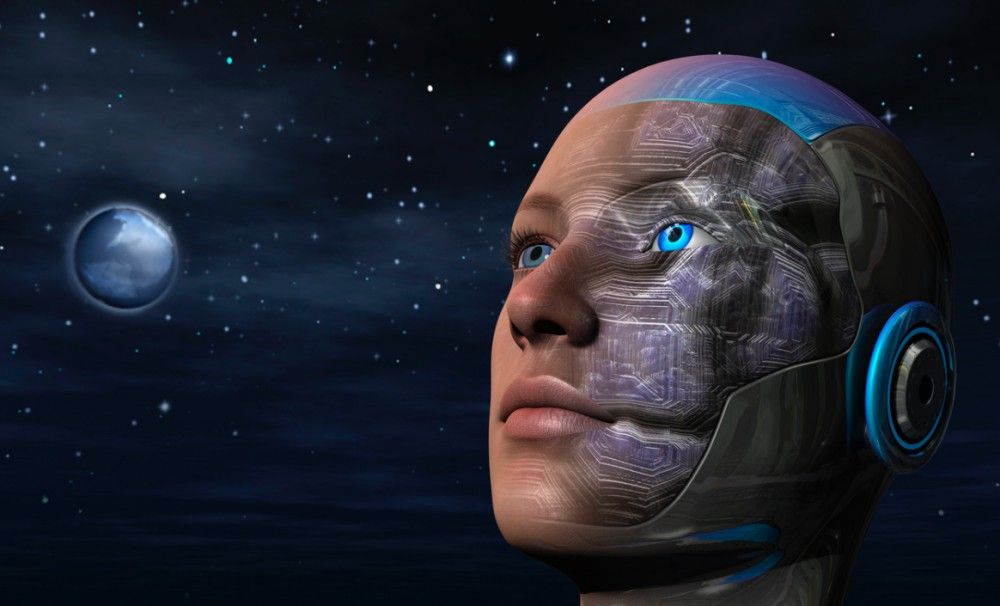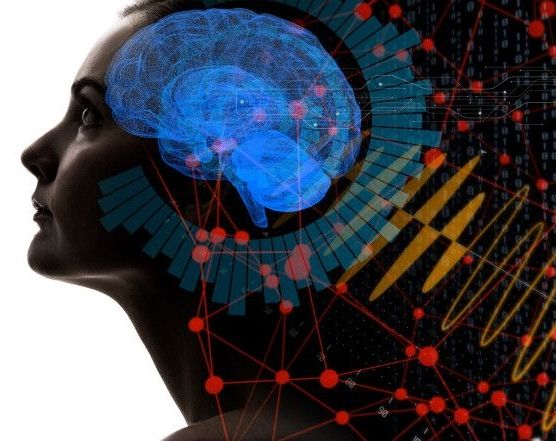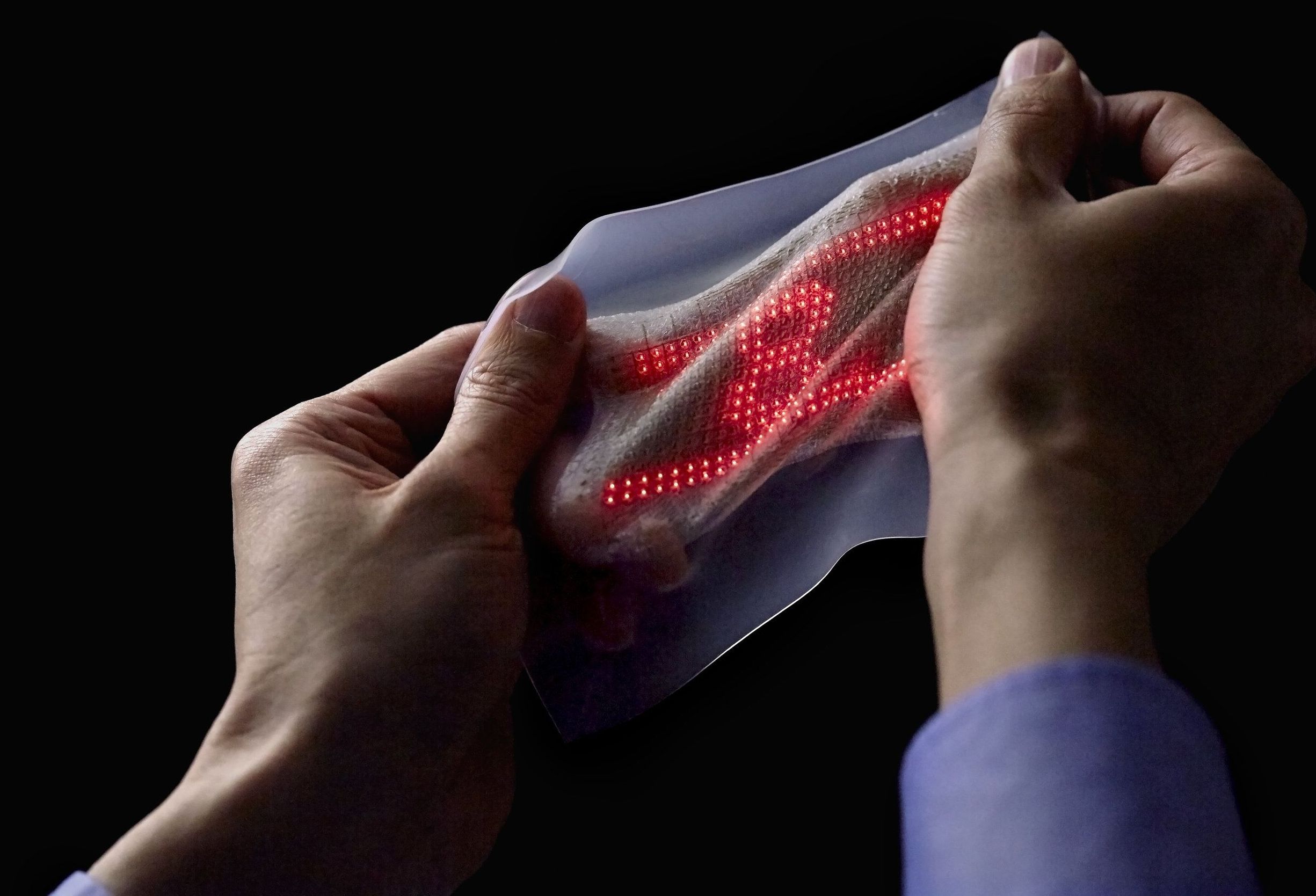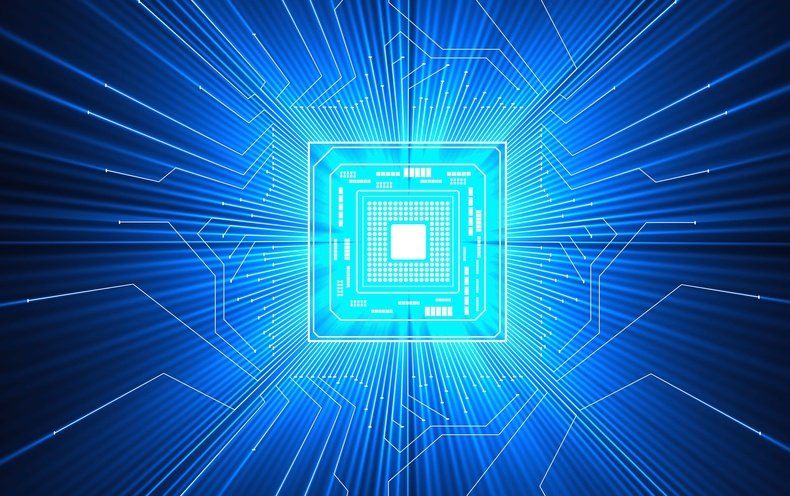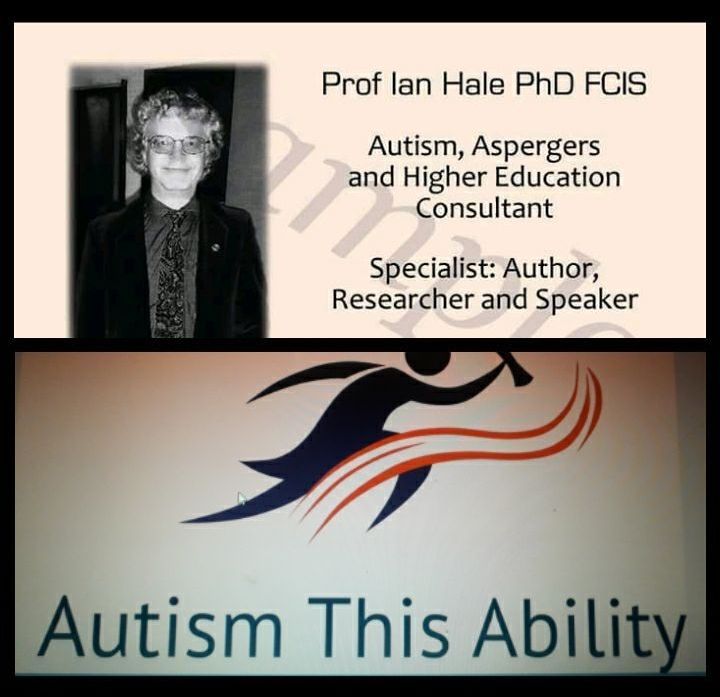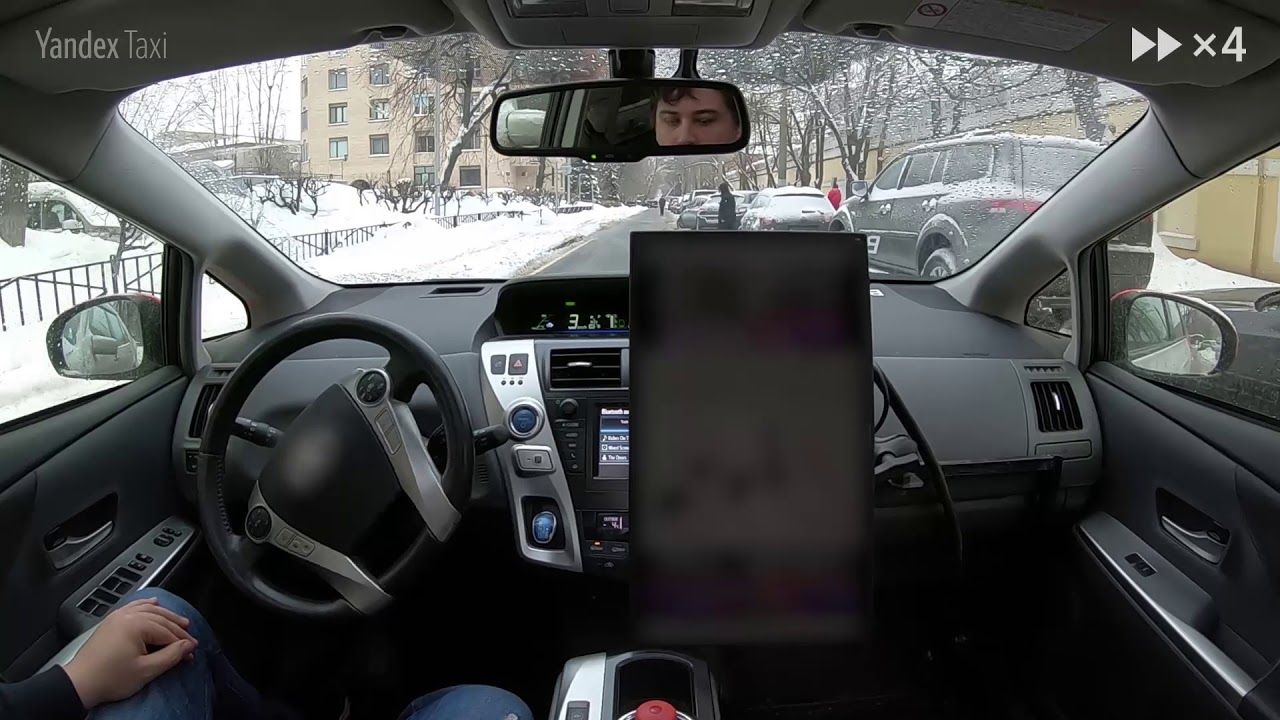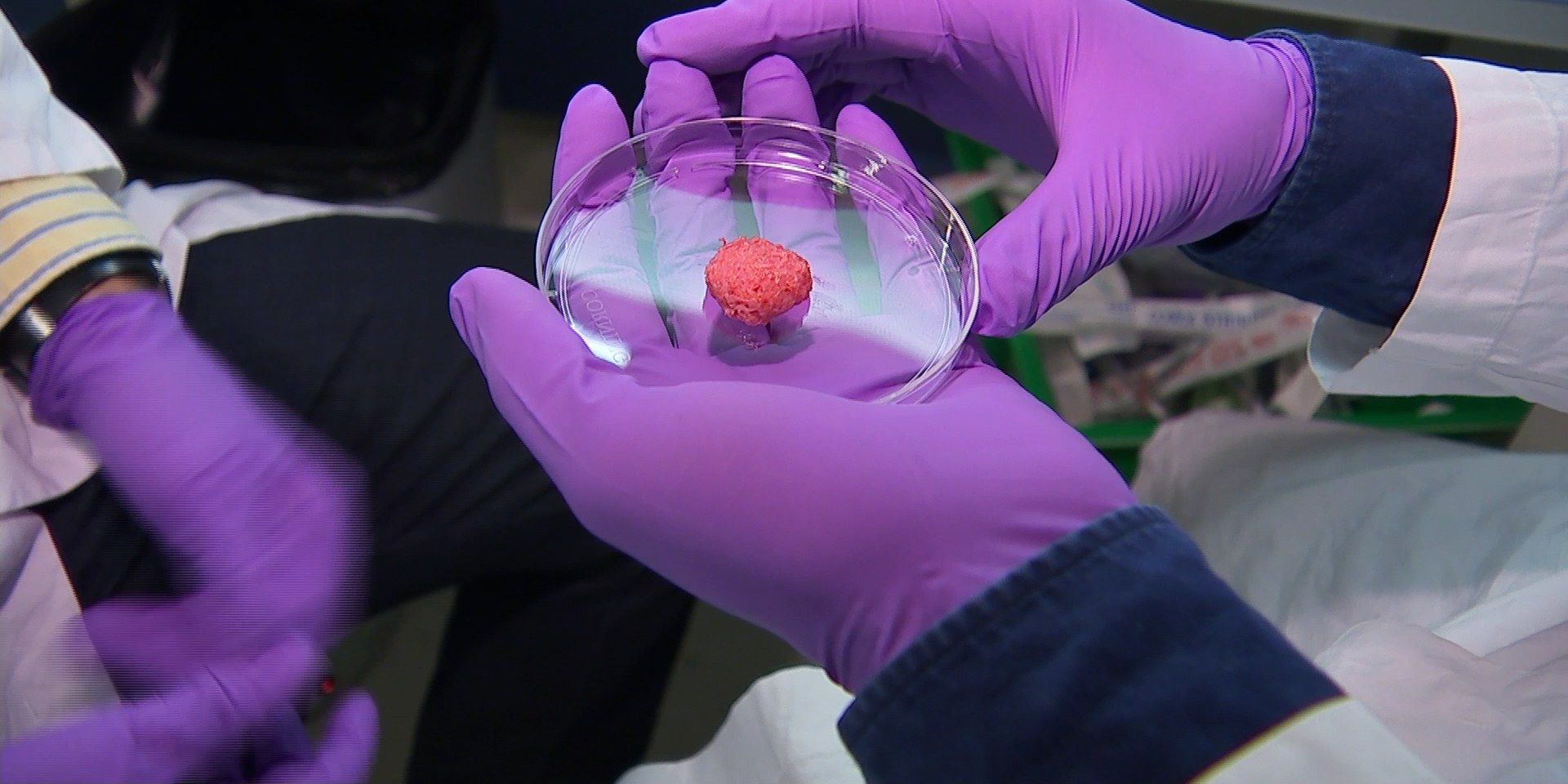Feb 17, 2018
Artificial Intelligence Possible Concepts — Are You Ready for the Future
Posted by Shailesh Prasad in categories: biotech/medical, business, economics, robotics/AI
Artificial Intelligence has come a long way in the last decade and still, you have to ask; Where Are We Today? In reviewing the Brief History of AI or Artificial Intelligence we see such things as Humans VS Machines Chess Champions, but the current research goes way beyond that.
The applications and uses for artificially intelligent machines are endless. Prediction software can help us in medicine, environmental monitoring, weather warnings and even streamlining our transport systems, monetary economic flows and assist us in protecting our nation. The road ahead for artificial intelligence is more like the runway ahead and you can expect us to blast off into the future within the next five years.
For instance, if you are concerned that your CEO is making too much money in your corporation, you need not worry much longer because very soon they will be replaced with an artificial business tool; that’s right, meet your new CEO.
Continue reading “Artificial Intelligence Possible Concepts — Are You Ready for the Future” »
